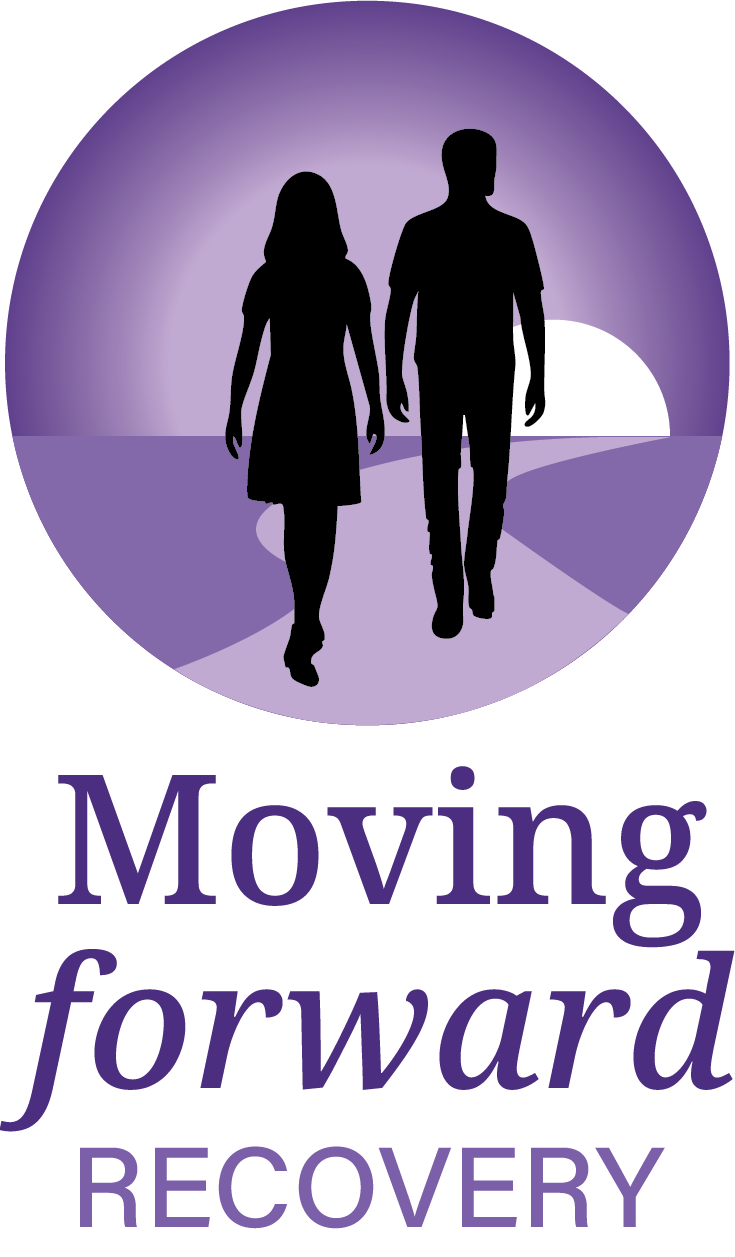Discover how exploring your values, strengths, and story can support your recovery and future growth.
Recovery is more than quitting a substance. It’s about rediscovering who you are and what gives your life meaning. Many clients I work with feel lost or disconnected after years of living with addiction. As a Licensed Chemical Dependency Counselor (LCDC) in Houston, Texas, I guide individuals through the process of self-discovery, helping them reconnect with their values, strengths, and sense of purpose.
What Is Self-Discovery?
Self-discovery means taking the time to explore who you are at your core. That includes your passions, priorities, beliefs, and goals. In early recovery, it’s common to feel unsure of your identity outside of substance use. Counseling can help you reconnect with parts of yourself that may have been buried or forgotten.
In our work together, we explore questions like what you value most in life, what kind of person you want to become, and what brings you a sense of peace or fulfillment. These are not always easy questions, but they are essential to building a meaningful life after addiction.
Why Purpose Matters in Recovery
Having a sense of purpose can make a major difference in your recovery journey. When you feel connected to something greater than your addiction—whether it’s family, faith, service, or personal growth—you are more motivated to stay on track. Purpose gives direction, improves emotional resilience, and helps reduce the risk of relapse.
At my practice in Houston, self-discovery is often a turning point for clients. Once they start to believe in who they are and what they can become, everything begins to shift. Finding that purpose makes recovery feel not just necessary, but rewarding.
Tools to Support Self-Discovery
In chemical dependency counseling, I help clients begin the journey of self-discovery using a mix of guided reflection, values clarification, and therapeutic dialogue. We often use journaling as a tool to look at past experiences and identify what still holds meaning. We work together to recognize personal strengths and reframe the narrative of recovery into one of growth, rather than just survival.
Mindfulness techniques are also introduced to help clients slow down and notice what resonates with them emotionally and spiritually. Over time, these tools create clarity and help rebuild self-worth.
You Don’t Have to Do It Alone
Self-discovery can feel overwhelming, especially in the early stages of recovery. But you don’t have to figure it all out on your own. Working with an LCDC counselor in Houston, Texas provides a safe, structured space to explore your identity, purpose, and goals with guidance and encouragement.
Recovery is more than avoiding substances. It’s about creating a life that reflects who you truly are. Your purpose is already within you. Counseling can help you find it and start living in alignment with it.




